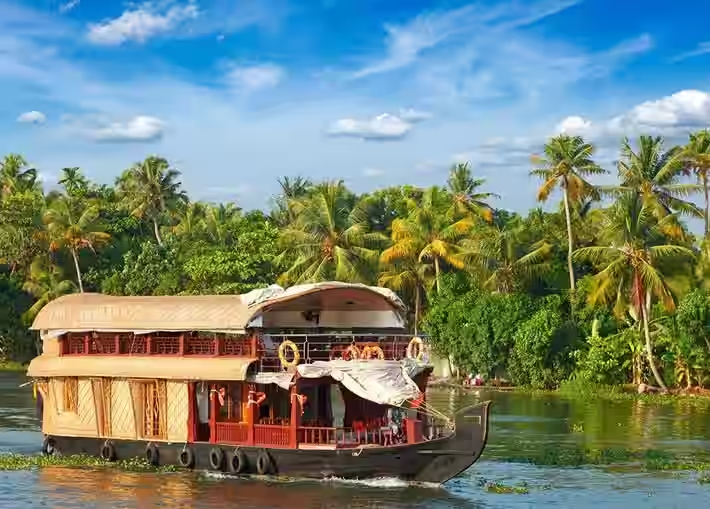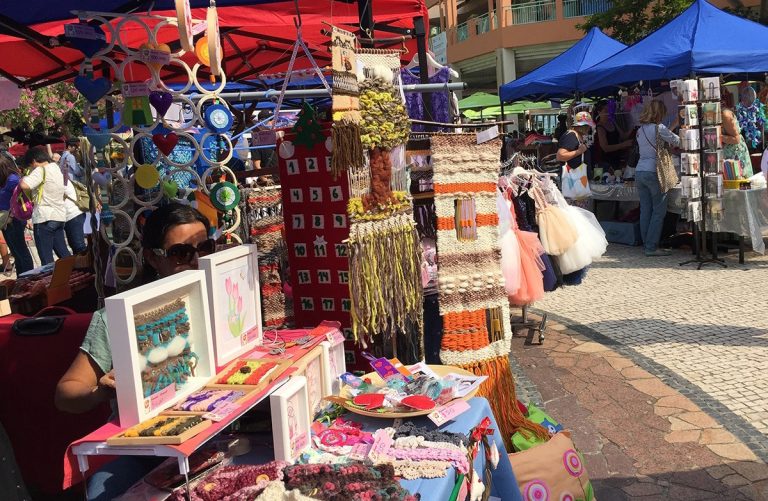In this era, after a hard day’s work people love to unwind with a glass of whiskey and vodka. Parties are considered to be incomplete without a glass of alcohol. But where does it come from? This article will put an end to all your doubts and questions about the origin and development of distilleries. Grab a glass of wine and read on about Australian Distillery!
What is a distillery
In simple terms, a distillery makes hard alcohol drinks like whiskey, gin or vodka. The process is similar to that of making beer. The basic ingredients, i.e. grains, yeast and water are combined and the ratios vary on the basis of the drink to be prepared. Over a period of time, the grain breaks down and is converted into sugar from starch. The yeast and the enzymes produced help convert the sugar into alcohol. Once this is done, the grains are drained off. The water which is left behind is poured into a still. Since the boiling point of alcohol is lower than that of water, it turns into vapour first. Once the vapour cools down, it condenses to form a liquid, which is otherwise known as alcohol.
Australian Distilleries
The distilling industry in Australia is one of the fastest growing and the most diverse in the world. The number of registered distilleries rose from 210 in the Year 2019, to 288 in February, 2020. A wide range including Single Malt, Blended Whisky and Rye are made in every state in the country, though the majority produce Single Malt style of Whisky. The production has put the Island state of Tasmania on the itinerary for Whisky lovers, The island houses over 50 registered distilleries. Most of the distilleries in the Whisky production epicenter use malt from local brewers which is all that is required for its production. Tasmania to Australia is what Scotland is to the United Kingdom. The distilling in this part of the world began in the year 1803 by the British and lasted for about 30 Years before it was prohibited by The Governor, John Franklin.
Current scenario
One of the issues for this burgeoning Australian distillery industry is a relative lack of local interest. Australia does not drink a lot of single malt compared to countries such as France, Holland, Canada, the UK and the US where many of the island distillers export. So, initially, Tasmania’s alcoholic drinks were being drunk more abroad than at home which changed with winning of the award. The locals gave it a try and feel in love with their own single malt which has led to a strong growth in the local market.
Australia has dozens of boutique distilleries which are known worldwide for their aroma, colour and quality. Make sure they are a part of your bucket lists!



















